By definition, ping is a signal that tracks how long it takes for a data packet to travel from your computer to a server on the internet and back. In VALORANT, however, ping is the difference between life and death.
On May 30, 2021, Sentinels took home the first international VALORANT tournament with minuscule ping, VCT Stage Two Masters Reykjavík. During the in-person event, Tyson “TenZ” Ngo received MVP honors for the grand finals, a 3-0 sweep of Fnatic that capped off a perfect 9-0 map run by Sentinels. TenZ was unstoppable in his first VCT LAN experience—a dream-like feeling that, in typical professional gamer fashion, was lost almost immediately after the event passed.
Starting with the inaugural VCT Americas split, the trials and tribulations of online qualifier matches will officially be obsolete for the region’s best talents as the 10 partner teams will engage in at least eight straight weeks of LAN competition. With plenty of on-stage matches on the horizon, TenZ spoke to Dot Esports to explain just how different everything feels while playing VALORANT on LAN.
“VALORANT feels amazing on LAN,” TenZ said. “I played with really bad internet when I first played, so it was weird.”
Prior to competing on LAN with Sentinels for the first time in Reykjavík two years ago, TenZ notably played his VCT 2021 Stage One and Two matches from Canada. Having now played in four more LANs since Masters Reykjavík, TenZ said he thinks playing online matches on bad ping truly affected the way he had to approach the game at the time.
“I had to develop a style where I was constantly peeking everything and so that’s why you saw me overheat a lot,” TenZ said. “I do think my overheating has gone down a lot. Like a lot, a lot.”
Having to be unjustifiably aggressive isn’t the only issue that seems to stem from playing on bad ping. From peeker’s advantage making it not ideal to hold angles to the Phantom feeling much less accurate than its “laser gun” self on LAN, there are a number of common beliefs that VALORANT pros have long attested to when it comes to describing the game’s typical online experience.
TenZ emphasized that on LAN, his main takeaway is that the “crispy” responsiveness lets players feel “comfortable” holding angles. You don’t have to be the peeker to feel like you’re able to win the fight.
In January 2022, TenZ moved to Los Angeles—a decision he followed through on three months before Riot Games officially announced its plans to replace its pseudo-open circuit with three partnered international leagues. Despite Texas being the place many North American VALORANT pros wanted to be stationed at the time for the ping advantage, rumors of a LAN-based league being located in LA were all that TenZ needed to make up his mind.
“I’ve always had really bad internet, and so I was really excited hearing about the franchise thing,” TenZ said. “The reason why I moved to LA to begin with instead of moving to Texas was because I wanted to get accustomed to LA and then when [franchising] came around, whether it was last year or this year, I wanted to get ready because I was really excited for it. I know they did it for League of Legends and so it’s just constant LAN matches, you get to see the crowd constantly. I think it’s amazing for both the teams, the fans. The environment is just all fun.”


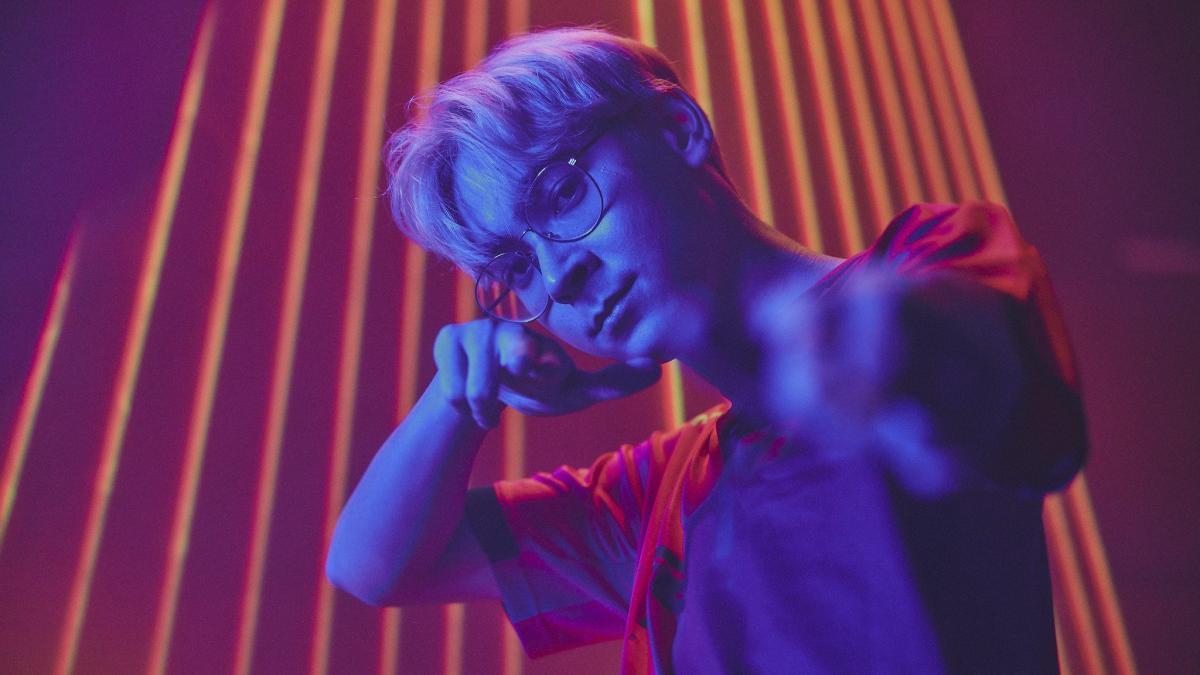
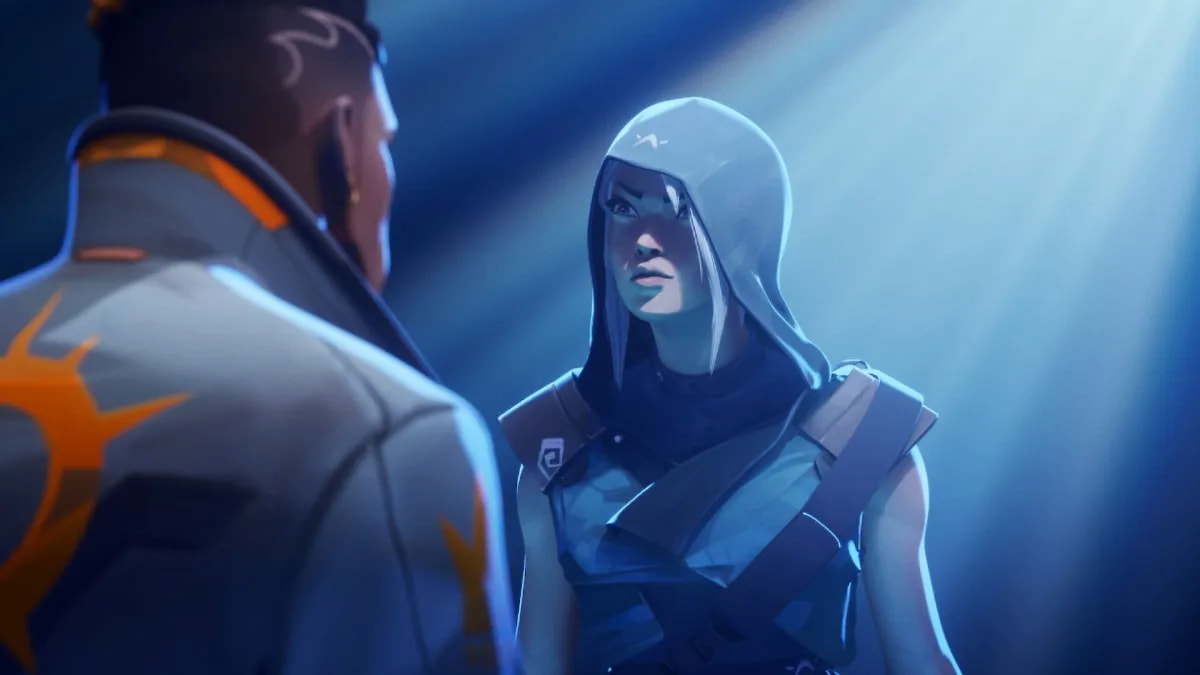
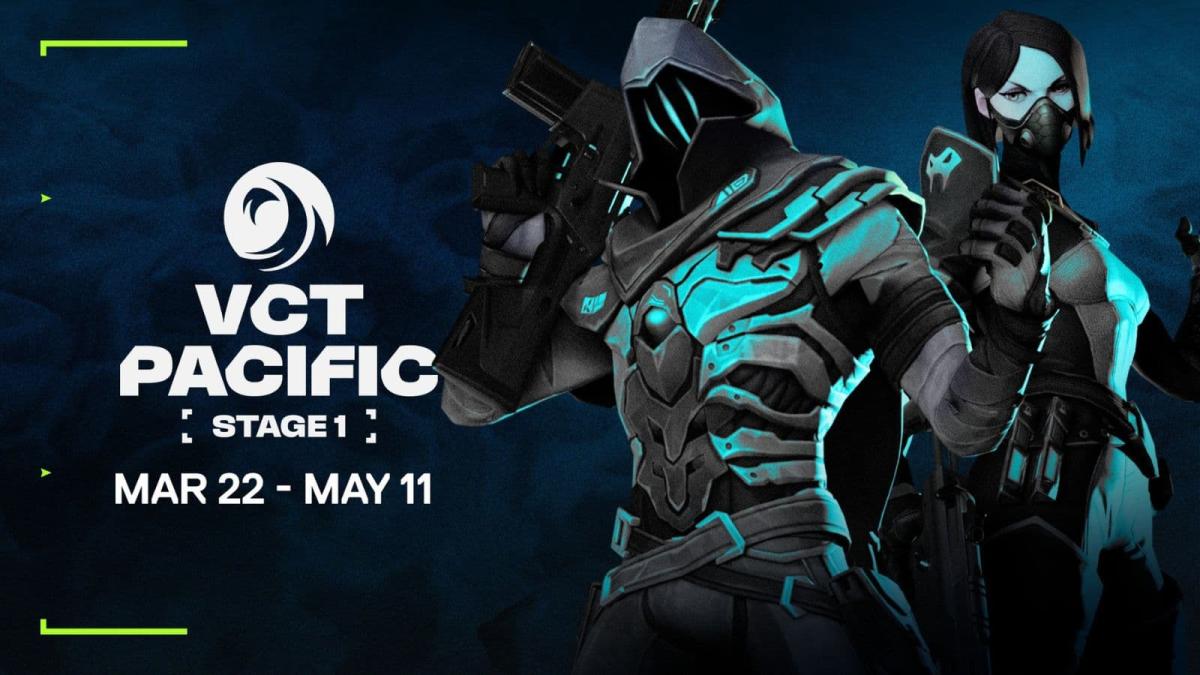
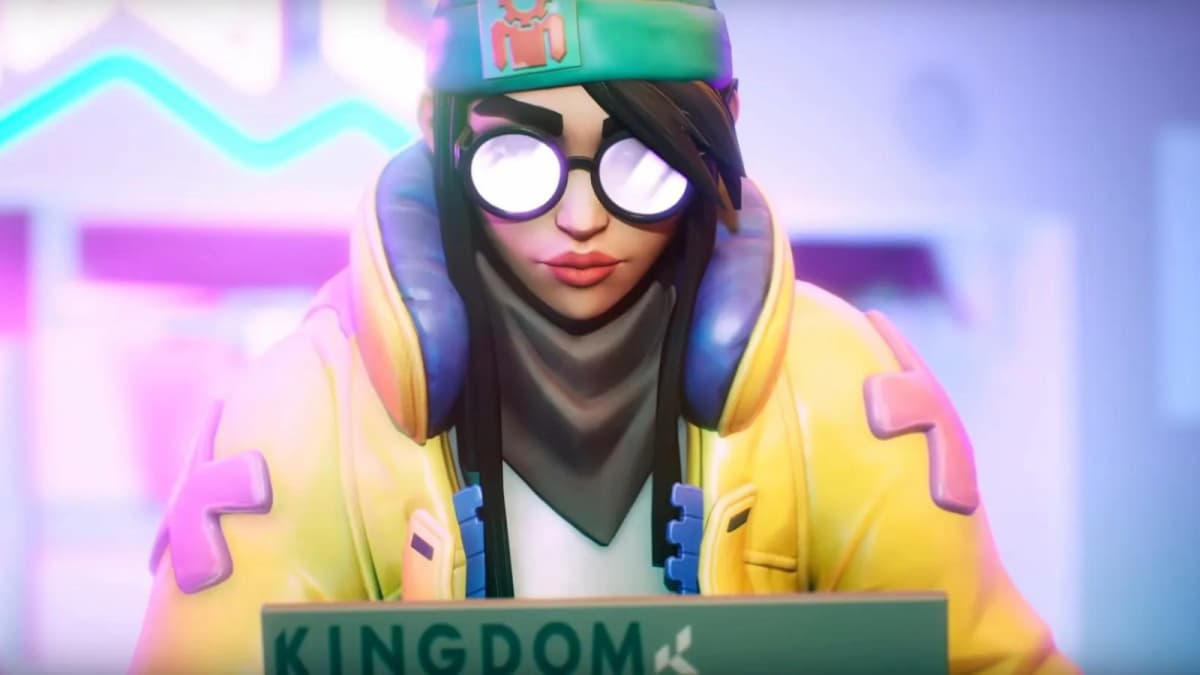
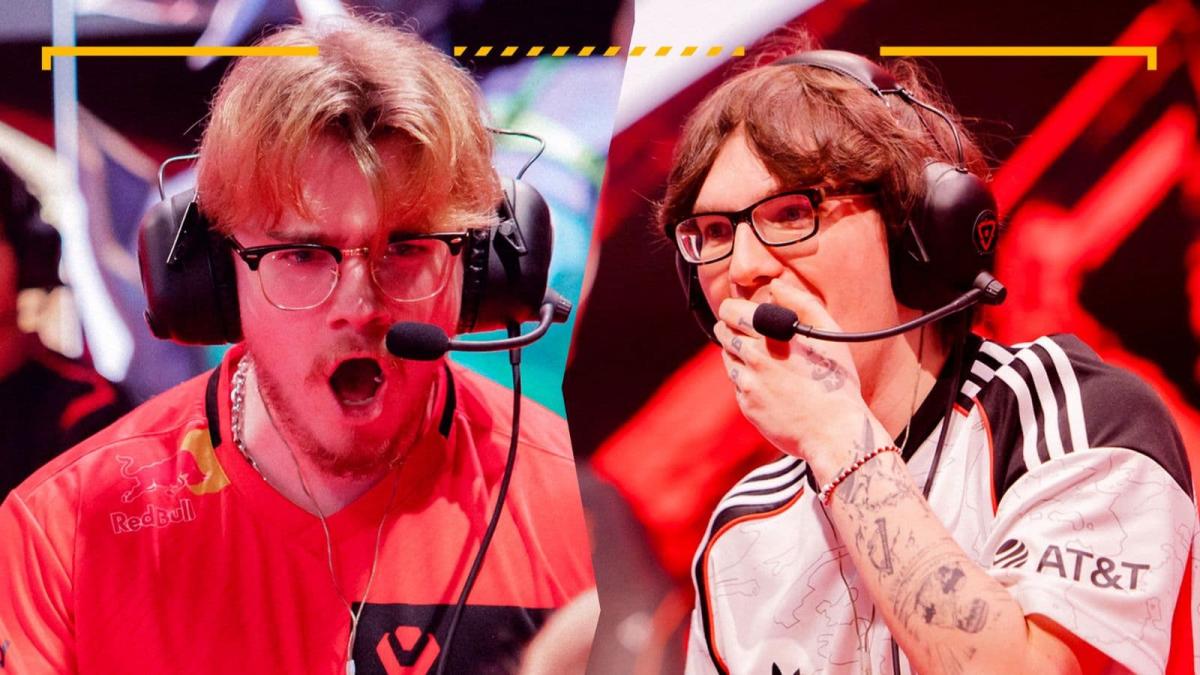
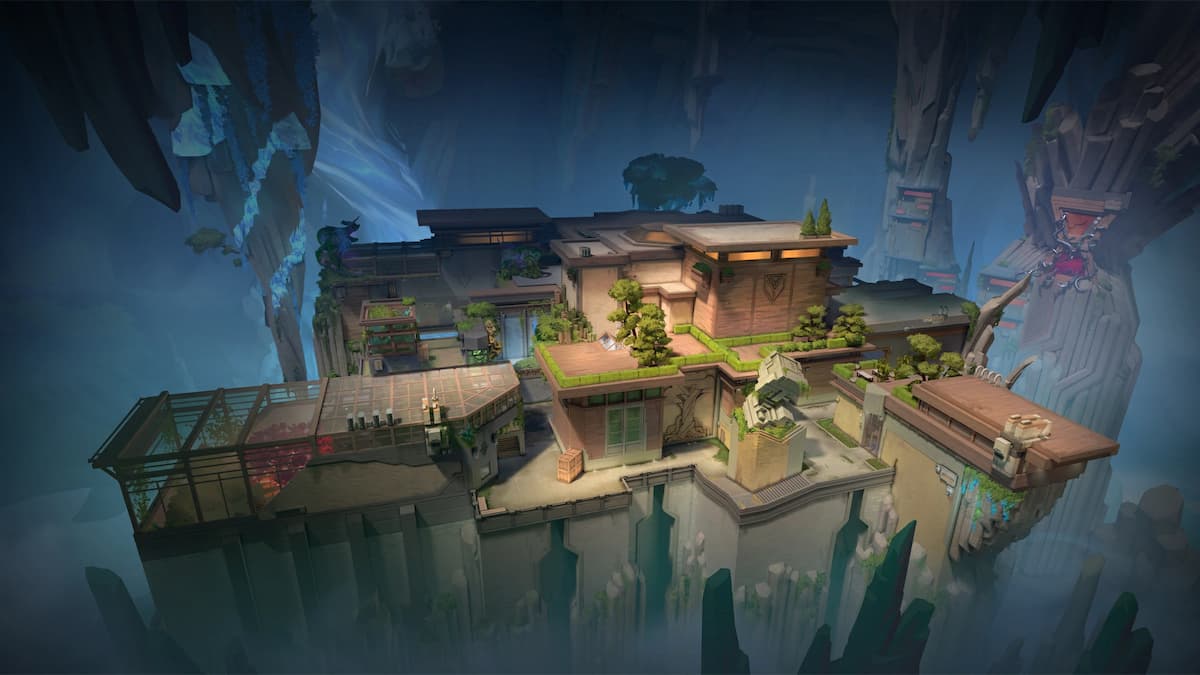

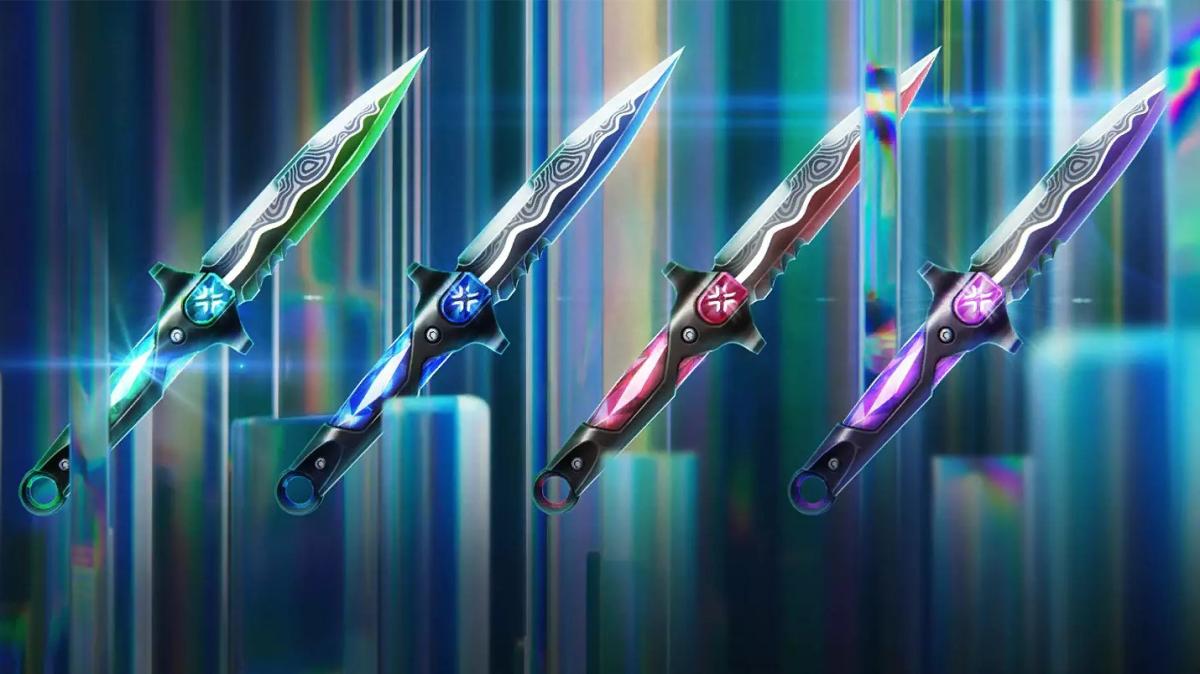
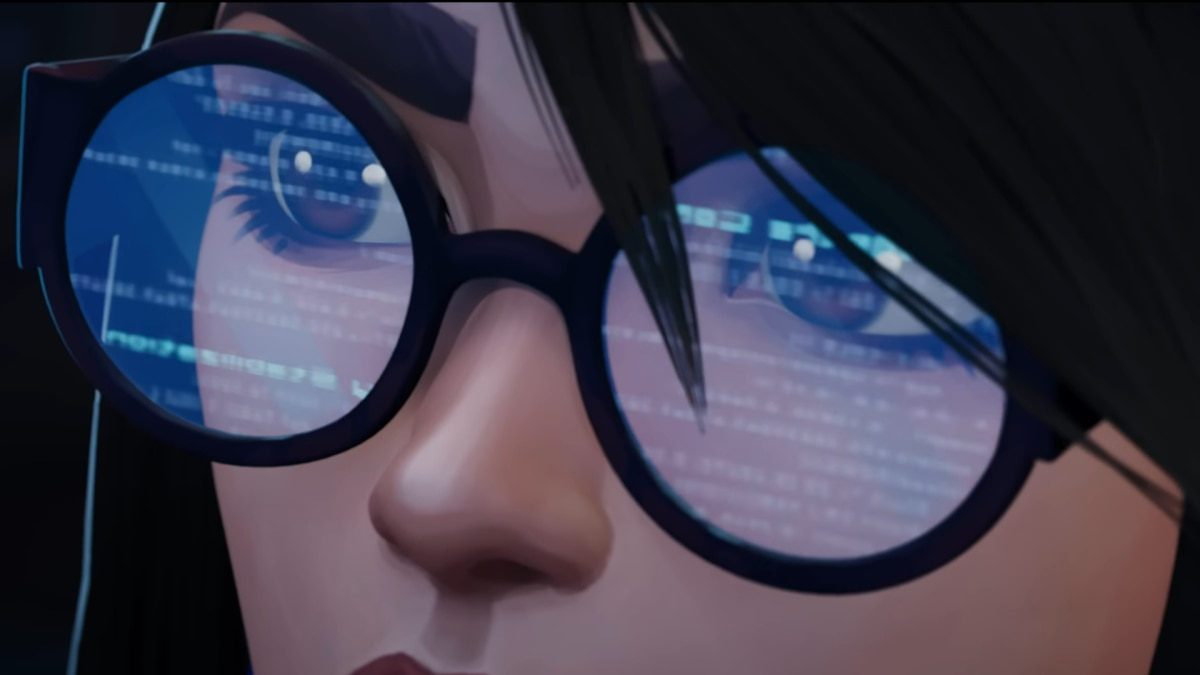
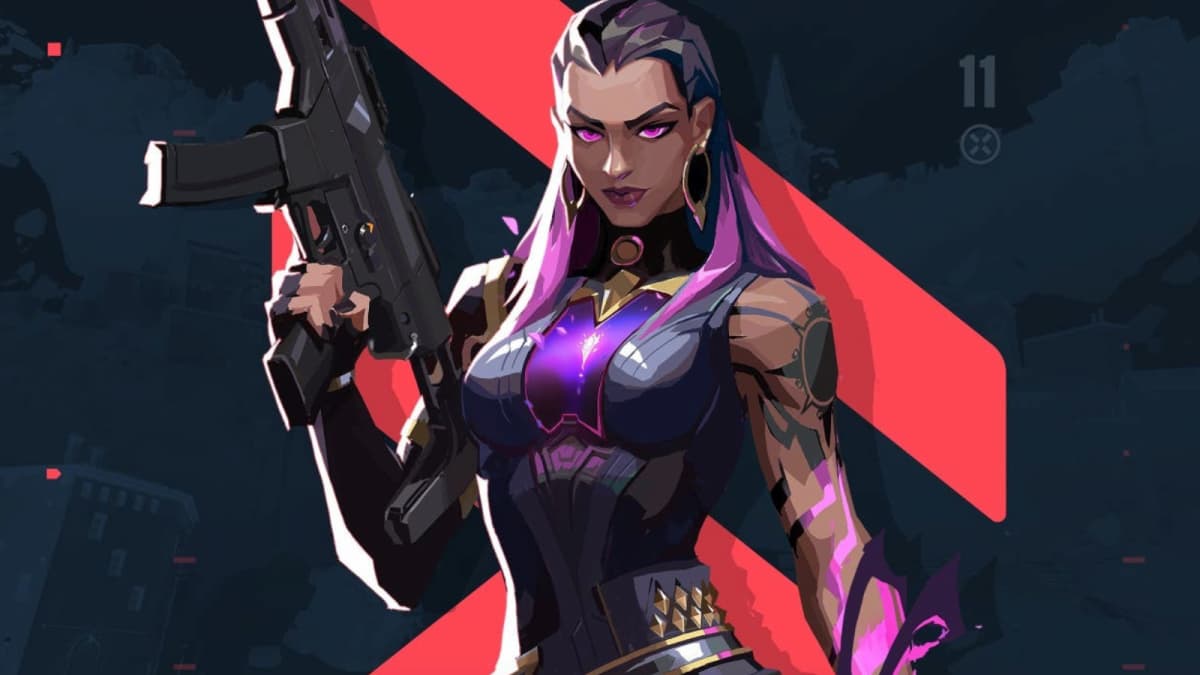

Published: Mar 28, 2023 02:51 pm